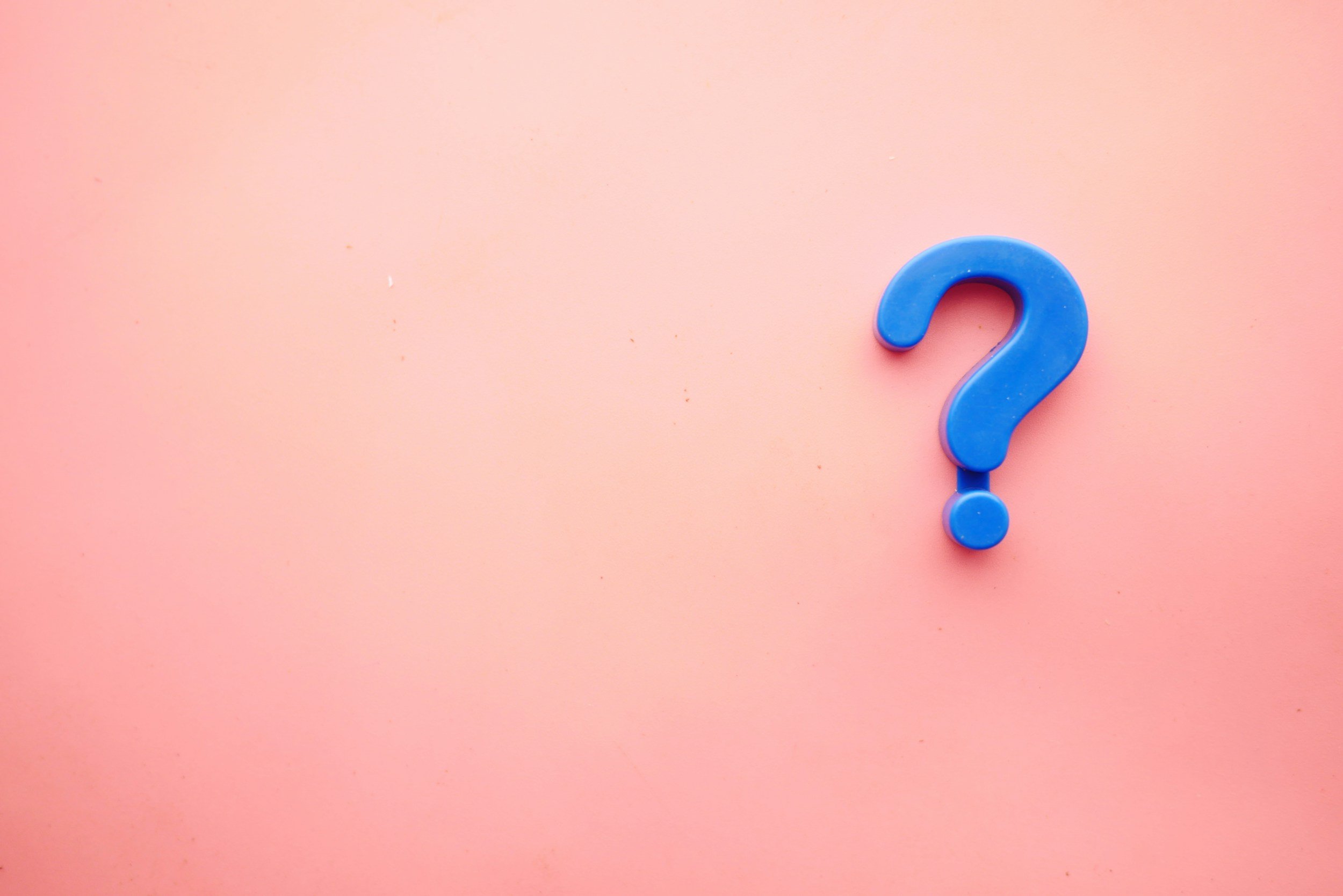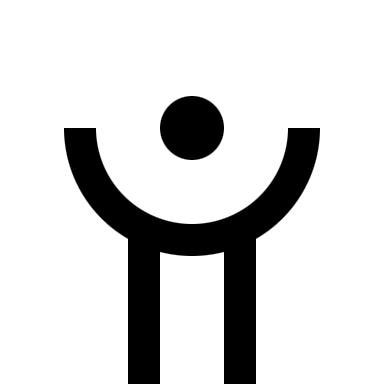
Frequently Asked Questions
Answers to some of the most common questions about United Humans and Optimalism
If your question isn’t answered here, please get in touch
-
Optimalism is a philosophy for human coexistence based on love, fairness and science. It proposes using the tools of science to determine the optimal compromise solutions to all of humanity’s problems. To gather and analyze all the available data, to conduct experiments and run simulations, to arrive at a scientific consensus for the course of action that will produce the greatest benefit, while doing least harm. The name is a portmanteau of “optimal” and “optimism”.
-
The purpose of United Humans is to do everything within reason to make human society inclusive, equitable and sustainable. There’s a chance that goal may be achieved through a global campaign of education and advocacy. But we suspect it will require fundamental changes to the way that society is structured and run. As Optimalists, we’ll research all possible approaches and pursue whichever course of action is proven by science to produce the greatest benefit, while doing the least harm.
-
United Humans offers everyone the opportunity:
• to belong to a global movement of like-minded people, working towards positive change
• to help research, design and improve—or just vote directly on—the rules that govern society and the economyAll you have to do to become a member is sign the pledge.
We believe that a rising tide lifts all boats, so if things get better for the least fortunate, things get better for everyone.
-
No. Optimalists will learn from the mistakes made in implementing Socialism and Communism, just as they learn from the mistakes made in implementing Representative Democracy and Capitalism. United Humans might end up developing certain policies that are reminiscent of Socialism or Communism—or any other prior political movement, for that matter—if those policies turn out to be scientifically optimal, fair and sustainable
-
We know that there’s enough land, resources and renewable energy to meet the needs of all living humans. The challenge is to share those things fairly, while at the same time improving social cohesion.
We’ll educate people on the benefits of consuming less and encourage things like energy efficiency, circular economies and early retirement. Because there definitely isn’t enough land, resources and renewable energy to allow every human to live as wastefully as middle class North Americans do, today.
-
When you think about the full implications of equality and fairness, it turns out that even most local issues have global considerations. Under Optimalism, all humans have equal sovereignty and all natural resources belong to the global commons. Everyone should have the opportunity to participate in any decision-making process whose outcome affects them. There will need to be a combination of both local and global governance to mediate all competing considerations.
-
Scientists are pretty certain that in approximately one billion years, the surface of the Earth will become uninhabitable, as the sun expands—it may even engulf the Earth a few billion years after that. Meanwhile, we face other existential dangers in the more immediate future. Some are beyond our control, such as meteorite impacts and super volcanoes, while others are subject to our influence or of our making, like global heating and mass extinction. If humanity is to survive indefinitely, we’ll have to colonize space. One of the prerequisites for that should be proving that we can be worthy stewards of this, our home planet.
-
The probability that advanced extraterrestrial civilizations exist is quite high. The hypothesis that some have already visited Earth is impossible to disprove. Nevertheless, until such time as there is concrete evidence that such beings do exist, we at United Humans plan to operate on the assumption that humans bear sole responsibility for keeping the light of consciousness lit.
If and when we learn otherwise, our mission would only change slightly. We’d expand our goals to include peaceful coexistence with and learning from our alien counterparts. Should these hypothetical ETs seek to destroy or assimilate us, we would advocate for doing whatever it takes to ensure humans survive—even if the aliens are superior to us in every way—for the same reasons that we advocate for biodiversity and diversity of ideas.
-
It’s not necessary or possible to convince everyone, but this is going to be a knowledge-led revolution.
Two key tools are going to be:
• demystifying, democratizing and popularizing higher education and science
• holding the media and public figures accountable for lyingThe more people rejoin objective reality and the more science-savvy those people are, the more it will be possible to reason with them
-
It’s too early to say. Currently, many blockchain projects are rife with fraud (Ponzi schemes, pump & dump, etc) and their combined carbon footprint is anathema to United Humans’ mission.
However, a hypothetical new currency that can be operated independently of the existing financial system, that isn’t a speculative investment commodity and that doesn’t have a negative environmental impact, might very well be pivotal in the roll-out of Optimalism.
Equally, so might a disruptive metaverse platform that facilitates unbiased communication, collaboration and co-creation.
-
Did we miss something? Yes, we’ve most certainly missed a lot of things. The central thesis of Optimalism and, by extension, United Humans, is that all individuals and small groups of people have blind spots and biases. Not until every human is part of the conversation will we be able to fill in all the blind spots and negate the biases. We need your help, too. Click here to join.
